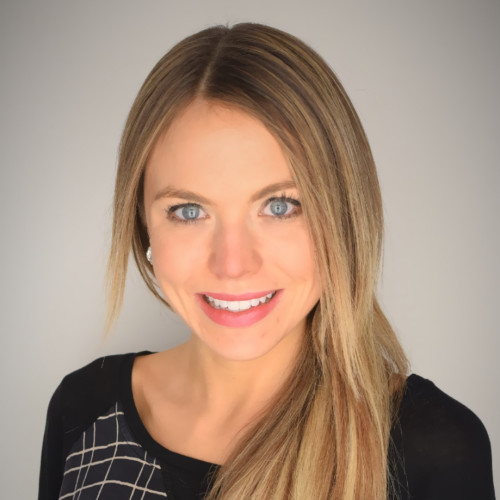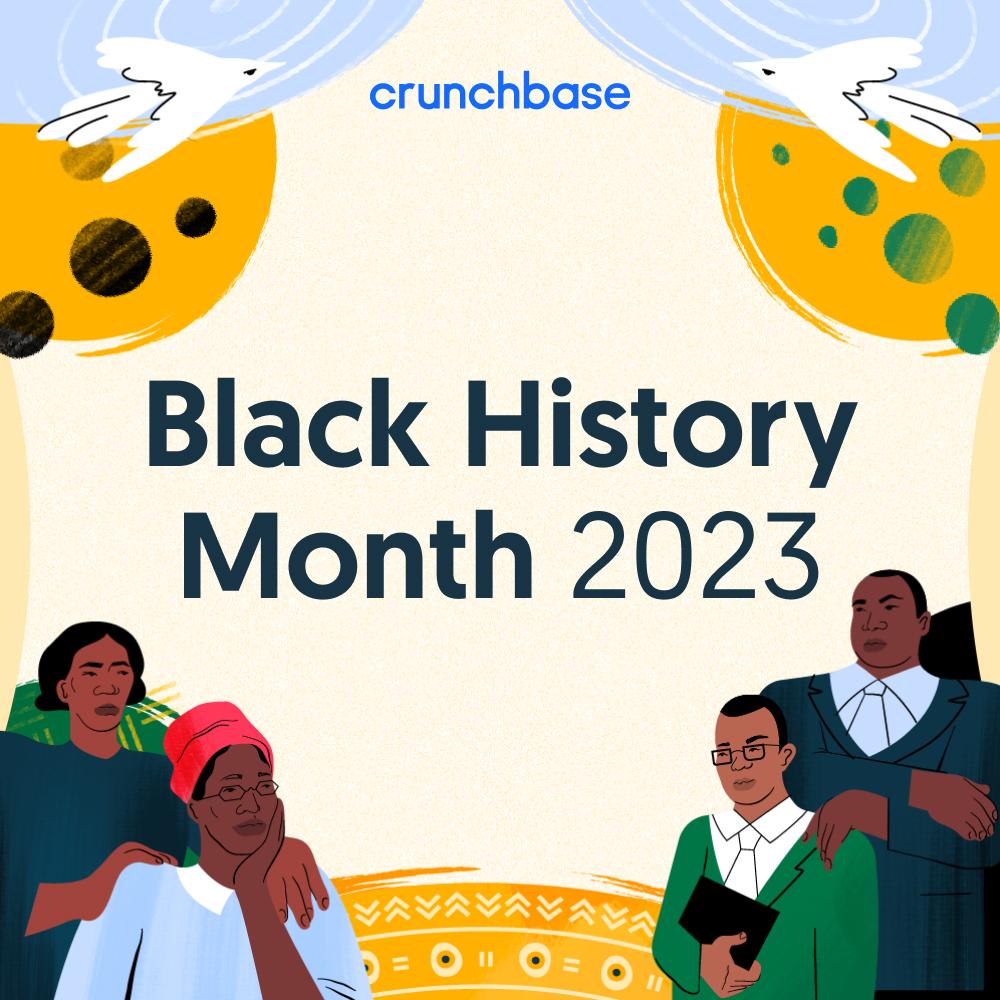The Crunchbase “Female Founder Series,” is a series of stories, Q&As, and thought-leadership pieces from glass-ceiling-smashers who overcame the odds and are now leading successful companies.
Laura McGee is the co-founder and CEO of Diversio, a technology company that uses artificial intelligence to help organizations become more inclusive. Prior to Diversio, McGee was a consultant at McKinsey & Company with a focus on economic growth. She was named to the ranks of the Top 25 Women of Influence in 2017 and holds multiple board and advisory positions, including Global Citizen, University of Waterloo, Ted Rogers School of Management, and ArcTern Ventures. She also is a David Rockefeller Fellow with the Trilateral Commission.
Diversio is headquartered in Toronto, Canada, with offices in New York and London, and is used by companies such as Honda, Accenture, Danone, ViacomCBS and Bessemer Ventures to measure, track and improve diversity and inclusion across their workforces.
In this Q&A, McGee shares why she started Diversio, her advice for other founders, and the most valuable lessons she’s learned throughout her career.


Q: Did you always know you wanted to be an entrepreneur?
Not at all. I always thought I would be a journalist or a lawyer – I even went to law school. Looking back, though, I was quite an entrepreneurial kid. I remember starting a little business that sold popsicles to kids after soccer games when I was about 10. I always loved to start things and got a real thrill from executing.
Q: Why did you choose to enter the technology field/profession?
I don’t have a formal background in engineering or tech, but I’m fascinated by the opportunity to use technology and especially artificial intelligence to change the world for good. We’re seeing a ton of applications where machine learning is being used to make commerce easier for people who already have a platform, but not many where technology is used to create opportunities for those who haven’t had them before. It’s not that AI can’t solve these problems, there just hasn’t been much time and attention dedicated to it until recently.
Q: What inspired you to start your company?
I was leading a consulting engagement for the Trump-Trudeau Council for Advancement of Women, with a mission to figure out a strategy to grow the North American economy by getting more women into leadership roles. The business opportunity from having diversity in leadership is undeniable, but we saw that very few companies and CEOs were treating inclusion like any other business priority – there were no key performance metrics, typically very little data, and not a lot of strategy and measurement behind programming.
We looked at how artificial intelligence had changed the game for marketing departments in terms of improving ROI on marketing spend and decided to build a platform that could drive a similar step-change improvement in employee experience, especially for underrepresented employees (women, racial and ethnic minorities, LGBTQ2+, etc).
Q: What problems were you trying to solve with your company?
Ultimately, our goal is to set the global standard for inclusion and provide tools for companies to continually raise the bar. Previously, there was a feeling that inclusion is “fluffy” and amorphous, that it can’t be measured and therefore is hard to improve. Our aim was initially to quantify inclusion in a way that allows business leaders to measure and manage inclusion and hold themselves accountable to specific diversity goals.
Q: In 2019, only 3 percent of venture capital was invested in female-only founded companies. Did/do you feel welcome and accepted as an underrepresented group in the VC space?
There’s no doubt the VC ecosystem has overlooked female founders, but I do think that’s changing. For example, we partnered with a fantastic organization called Diversity VC to set the global standard for inclusion in venture capital, which requires venture capital firms to make real commitments around diversity and inclusion, and they’re subject to an outside-in review. We’ve been really surprised at how many firms are looking for real change.
Q: What is your advice for other female founders at the beginning of their entrepreneurial journeys?
Women are often really scrappy, and remarkable at creating a viable business without much in the way of resources. That’s such a key talent early on before you’ve validated your product-market fit.
My advice is to trust your gut and keep finding shortcuts. Don’t try to follow a playbook that doesn’t feel right to you.
Q: What is the most valuable lesson you’ve learned as the founder of your own company?
The importance of having a vision and motivating your team. In my view, the CEO’s top priority is to gain leverage, and your employees are the most important form of leverage you could ask for. Keeping them excited and motivated is critical to your company’s success.
Q: What is your advice for other entrepreneurs trying to scale their own company?
One of the best quotes I’ve ever heard was “Jump before you’re ready, but make sure you have the hustle muscle to pull it off.”
My advice is that once you think you’ve found product-market fit, that’s when you should make a big bet. But you want to use every resource available to stack the cards in your favor, which often means asking for help.
Q: What challenge are you most proud of overcoming in your career?
Bootstrapping our business to our first $1 million in ARR. It took a ton of commitment and risk appetite from the team; I’m so proud of their ability to create something really unique without a safety net to fall back on.
Q: Any thoughts/advice for entrepreneurs in the current economic climate?
I would say that necessity breeds innovation, and right now is actually a great time to be an entrepreneur. A lot of old structures and ways of working have been completely disrupted, and people are more open to new solutions than ever. Times of chaos can be incredibly fertile ground for innovators.






